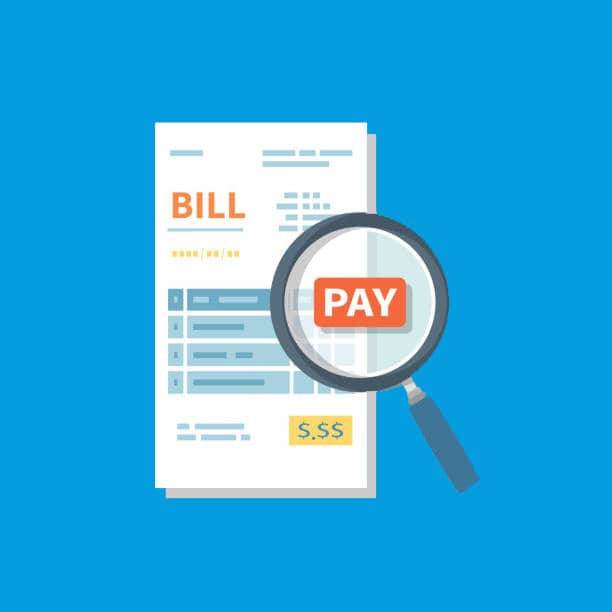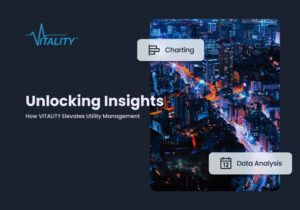How Smart Meters are Changing the Future of Utility Billing
Discover the revolutionary impact of smart meters on utility billing systems. Explore the benefits, challenges, and possibilities this technology brings to the energy industry.
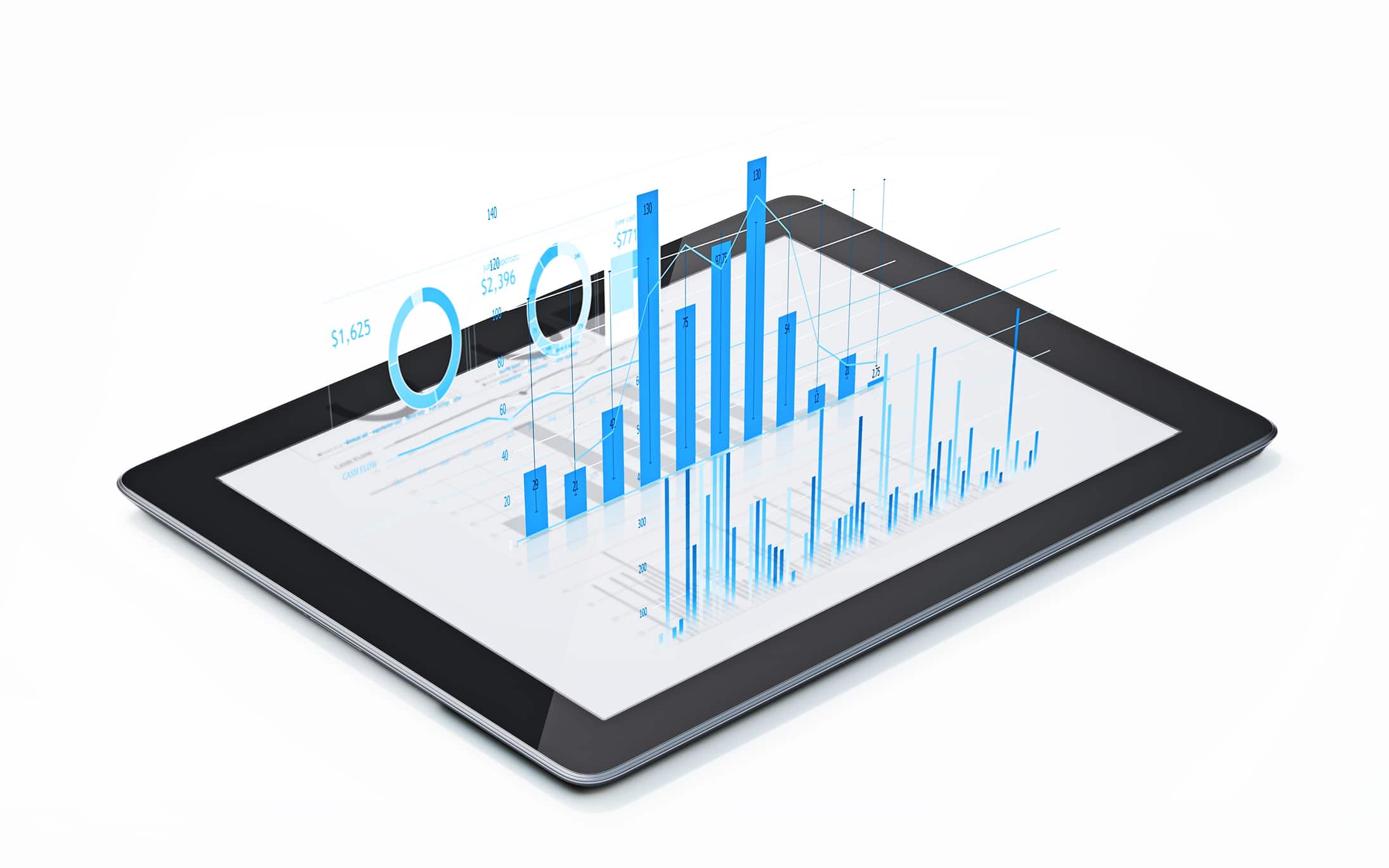
Introduction
Welcome to the exciting world of smart meters! In this blog, we will dive into the paradigm shift that smart meters have brought to utility billing systems. Get ready to explore the future of energy consumption monitoring and billing.
What are Smart Meters?
Smart meters are next-generation devices that digitally record energy consumption and send data directly to utility companies. Unlike traditional meters, smart meters provide real-time insights into energy usage, enabling consumers and providers to optimize consumption patterns.
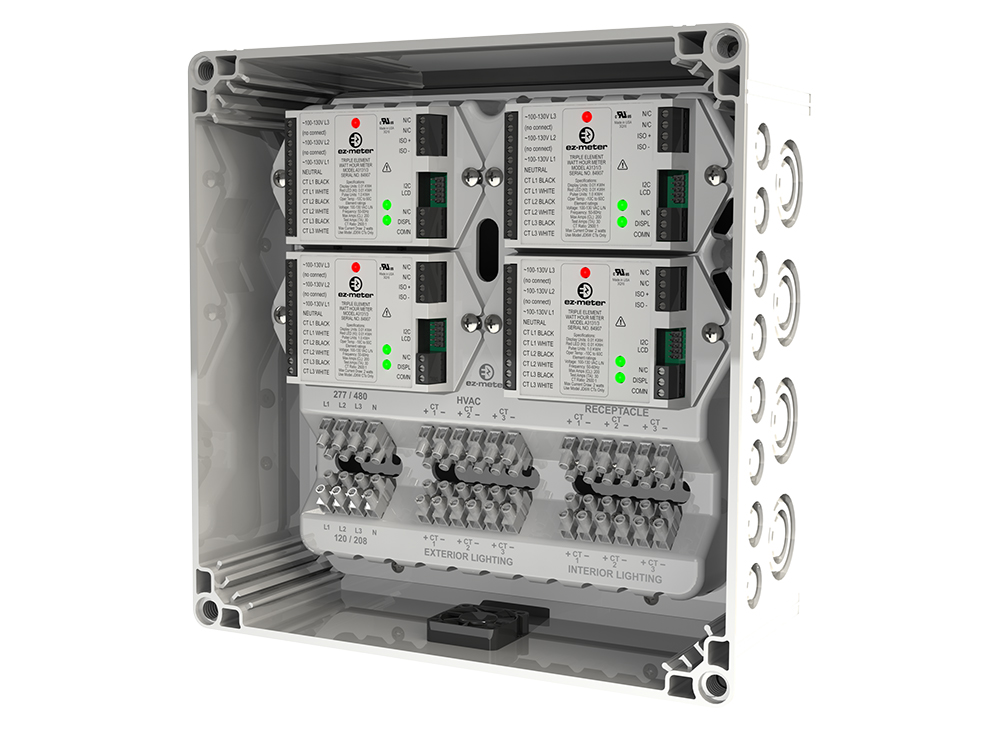
Unleashing Precision and Insight: The Benefits of Smart Metering
Smart metering revolutionizes utility management by providing real-time data, ensuring accurate and transparent billing based on actual consumption. Consumers gain unprecedented insights into their energy usage, fostering informed decisions and sustainable practices. For utility providers, the remote monitoring capabilities enhance operational efficiency, while dynamic pricing models incentivize energy-conscious behavior. Swift anomaly detection adds a layer of security, addressing issues promptly. Beyond billing, smart metering reshapes our relationship with energy, offering a future where consumption is not only precise but also mindful of its environmental impact.
How Smart Meters are Changing Utility Billing
Real-Time Data Collection
Smart meters enable real-time energy consumption tracking, allowing consumers to gain a better understanding of their energy usage patterns and make data-driven decisions.
Elimination of Estimated Bills
With smart meters, utility companies can bid farewell to estimated bills, providing customers with accurate and fair billing based on their actual energy consumption.
Improved Accuracy
Smart meters eliminate human errors in manual meter readings, resulting in precise and error-free billing.
Time-of-Use Billing
Smart meters support time-of-use billing, enabling utility companies to charge different rates based on peak and off-peak hours, encouraging energy consumption during low-demand periods.
Remote Monitoring and Management
Utility providers can remotely monitor and manage smart meters, eliminating the need for physical visits while ensuring efficient energy distribution and billing.
Enhanced Customer Engagement
Smart meters promote customer engagement by providing insights and personalized recommendations for energy conservation, empowering consumers to make informed decisions.
Quick Detection of Anomalies
Smart meters enable the rapid detection of anomalies in energy consumption, alerting utility companies and consumers to potential issues such as leaks or faulty infrastructure.
Integration with IoT Devices
Smart meters integrate seamlessly with Internet of Things (IoT) devices, enabling automation and optimization of appliances, energy storage, and renewable energy systems.
Increased Billing Transparency
Smart meters provide transparency by offering detailed breakdowns of energy consumption and billing, empowering consumers to better manage and control their expenses.
Support for Renewable Energy Transparency
Smart meters facilitate the integration of renewable energy sources by enabling precise monitoring and accounting of energy generated and consumed from sustainable sources.
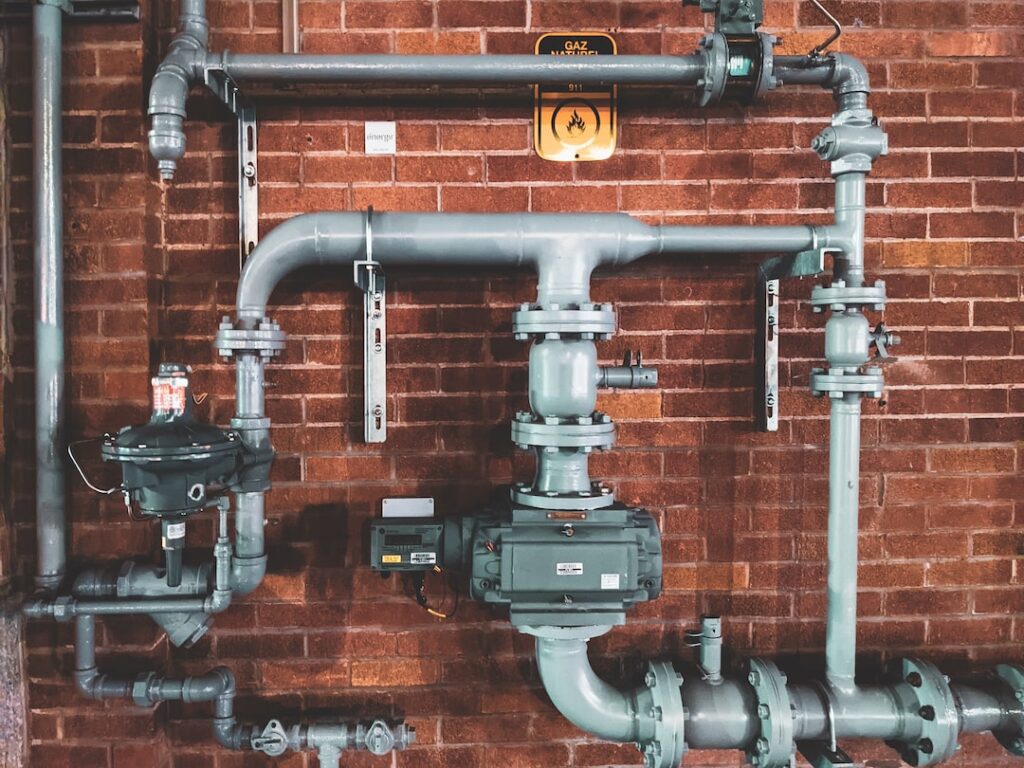
Conclusion
The advent of smart meters has revolutionized utility billing systems by providing accurate, real-time insights into energy consumption. These devices are paving the way for a more sustainable, efficient, and consumer-centric energy future.

